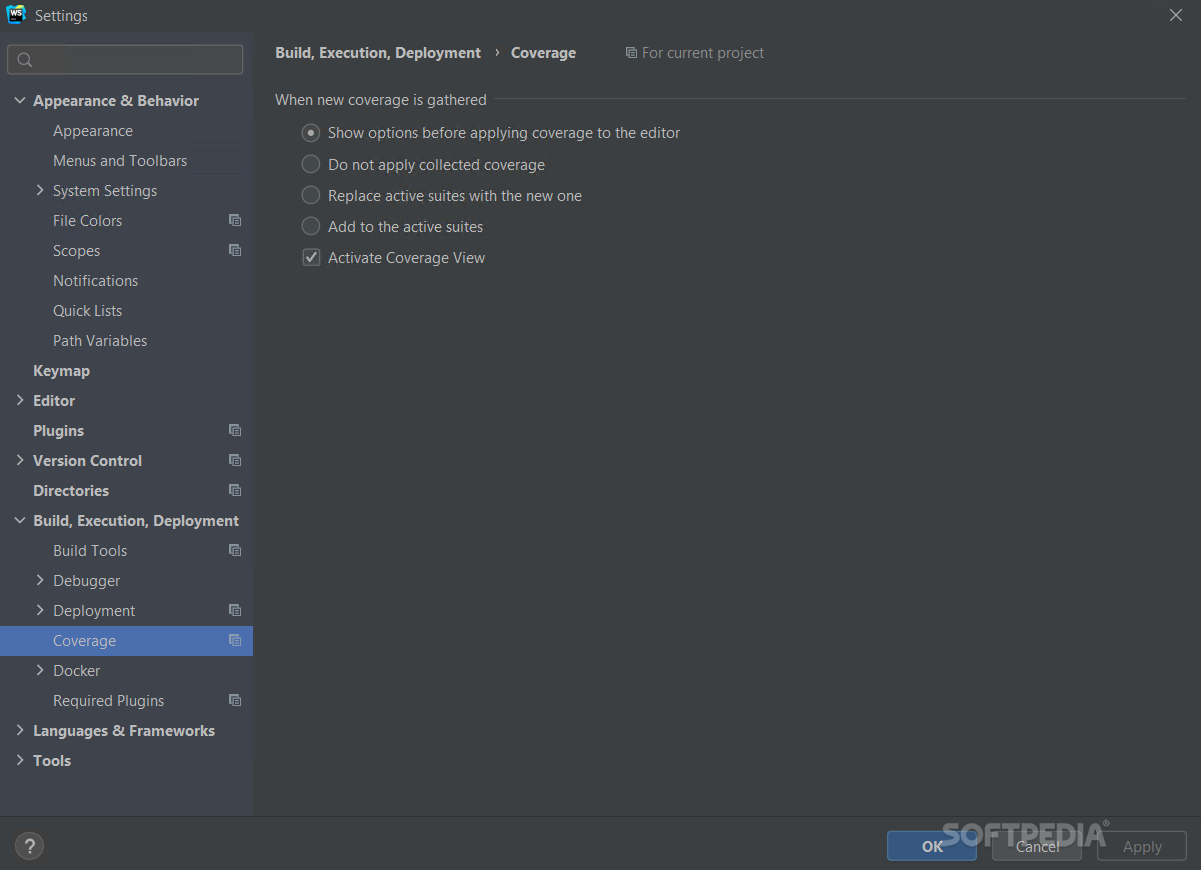


It will be arch64 if it's a native build, and 圆4 if running the Intel version using Rosetta2. I made sure that it was running natively by using the Node REPL to check process.arch. To run the tests, I first installed Node 15.4.0 using Homebrew on the mini and using nvm on the MBP.

It can run on the latest Node though, and should still be representative of the relative speeds. The benchmark itself is three years old, and uses old versions of these tools. This uses Node to run several realistic tasks, using the sort of tools web developers use every day: Babel transpilation, and various other parsers, TypeScript, PostCSS, Prettier, ESLint and more. For my initial tests I used the V8 Web Tooling Benchmark. I ordered the entry level Mac mini with 8GB of RAM, and my comparisons are with my work machine: a Late 2019 16" Macbook Pro 2.3GHz core i9 with 16GB of RAM. This includes benchmarks, but also real world development tasks. I needn't have worried: the Mac mini M1 comfortably beats my Macbook Pro in every task I threw at it. VS Code remote development is very slick, so when the M1 Macs were released, a Mac mini seemed just the job. We do a lot of a pair programming over Zoom, and that's particularly difficult when compiling. I'm an engineer on the Gatsby open source team, and have to compile the massive monorepo many times a day. I'd been looking for something to use as a headless compilation machine for a while. In the end I decided to risk it and order one and run some benchmarks myself. A lot of the M1's speed comes from specialised cores, so there was a risk that it would not be as fast for web development. However I couldn't find anything testing the web development tools that I use every day, such as Node, Babel and TypeScript. In the weeks after the new Apple Silicon Macs were launched there were plenty of reviews with benchmarks for tasks like video encoding, 3D rendering and so on.


 0 kommentar(er)
0 kommentar(er)
